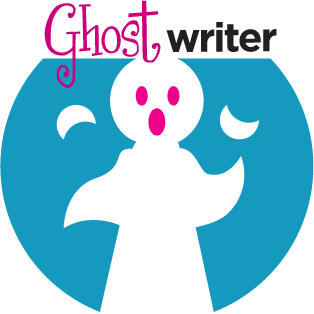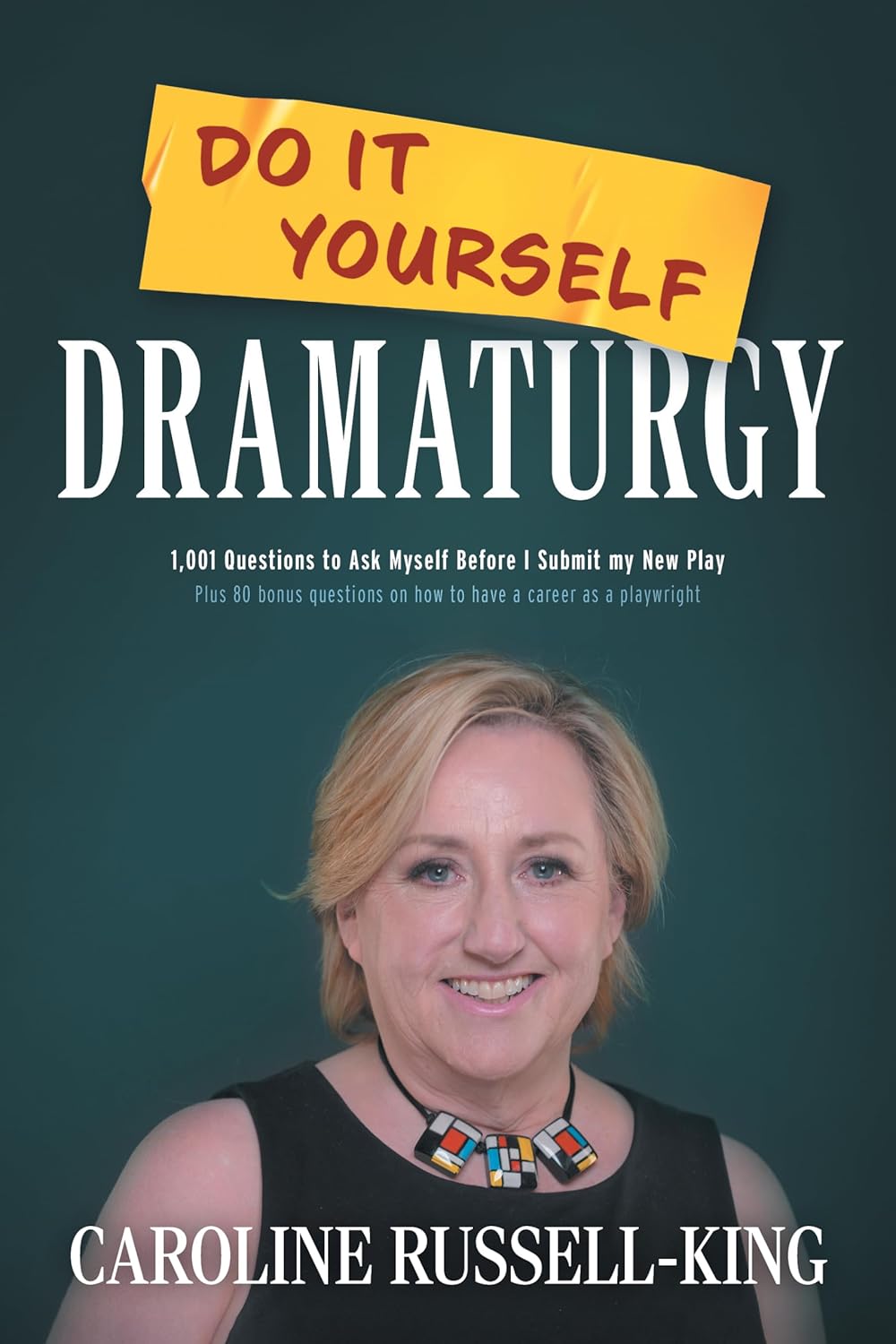What is a Dramaturg?
It’s a term that deals with play script research and development. It gained its modern-day function through the innovations of Gotthold Ephraim Lessing.
Basically there are two types of dramaturg:
The Production Dramaturg
The Production Dramaturg one who acts a consultant a theater company, reading scripts, writing reports or breakdowns with recommendations, so that the artistic producer or director can build a season. This position is also sometimes referred to as Literary Manager. They may also provide the productions with research to contextualize the show. They may provide a voice in the room for the absent playwright. They may edit works in the public domain. They may find other drafts, translations or adaptations of the work. They may be called on to write program notes, provide historical background for the play by liaising with the director and designers. They may work on educational, outreach programs or services connected to the theatre. This may include audience development and the facilitation of audience feedback encounters. They may, on occasion, be required to speak on behalf of the theatre to the media about the play. They may attend rehearsal and table work.

The New Play Development Dramaturg
The new play development Dramaturg typically works with the playwright pre-production. Their only agenda should be - helping them develop original work as they the best play they can. Development may include the hiring of actors for closed readings (no audience) or open readings (open to the public or an audience). The dramaturg will work one-on-one with the playwright or in a workshop environment with actors and sometimes in conjunction with a director or designers. In an open to the public read, the dramaturg will usually provide audience engagement. The nature of the interaction between dramaturg and playwright is one where the dramaturg inquires or asks questions, leaving the answers and the business of the writing to the playwright.
In lay terms, I often describe the dramaturg as “a cross between a car mechanic and a midwife.” I can diagnose mechanical problems and help you to deliver your baby.






